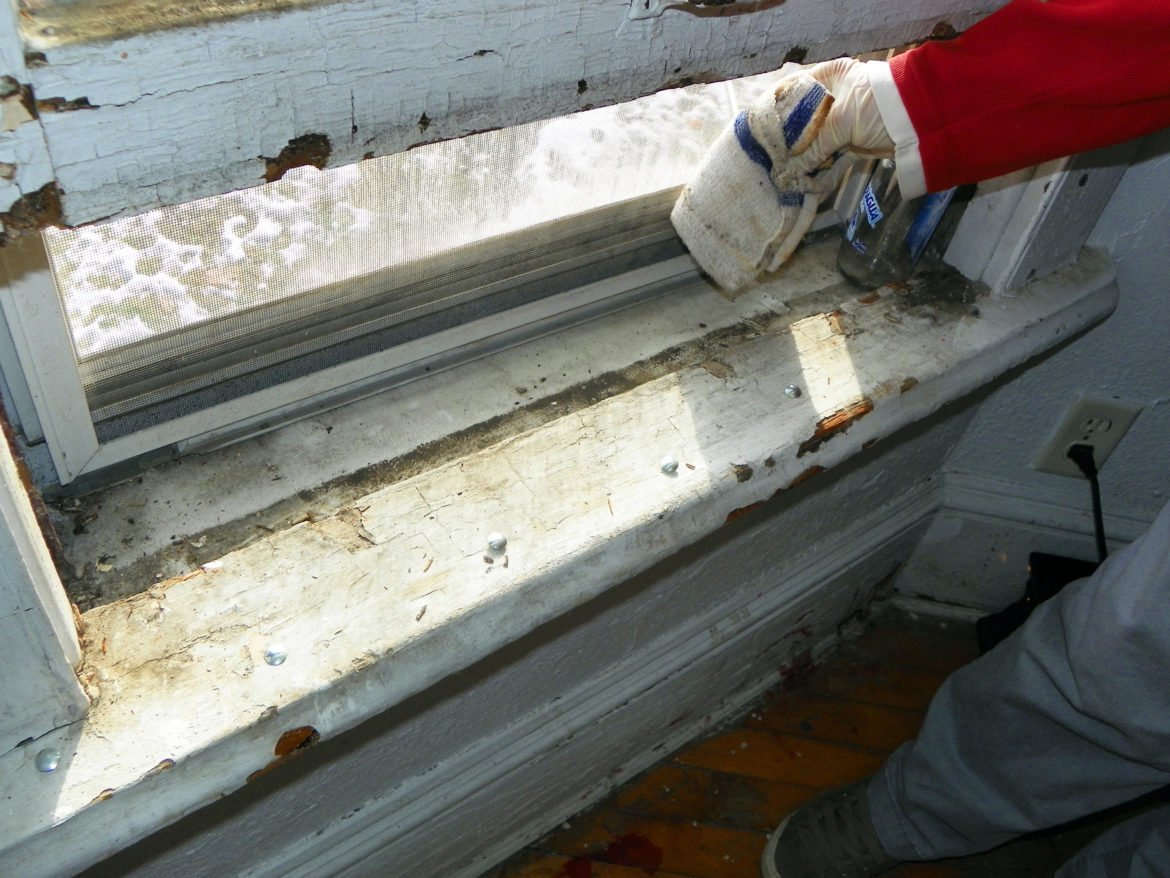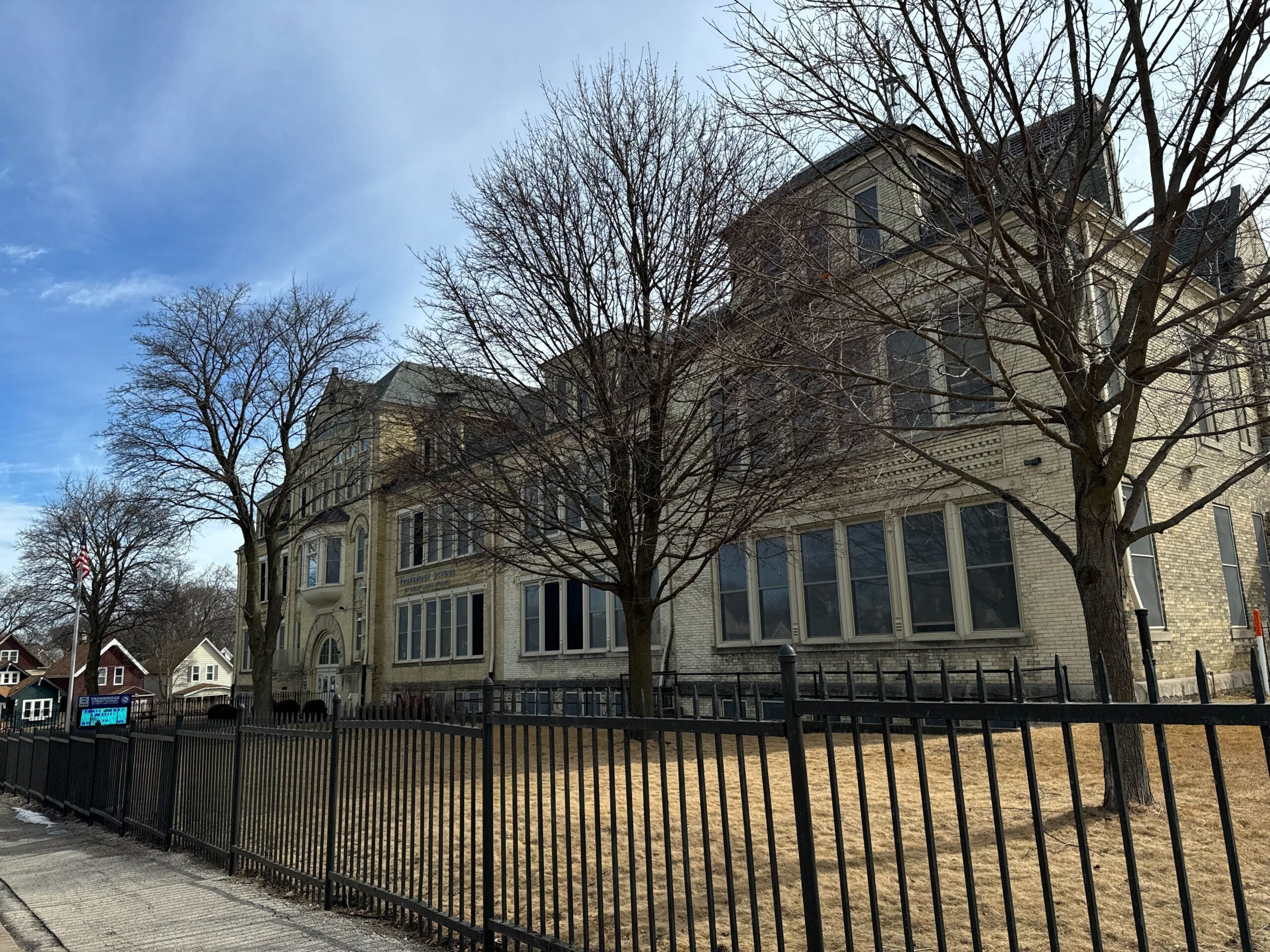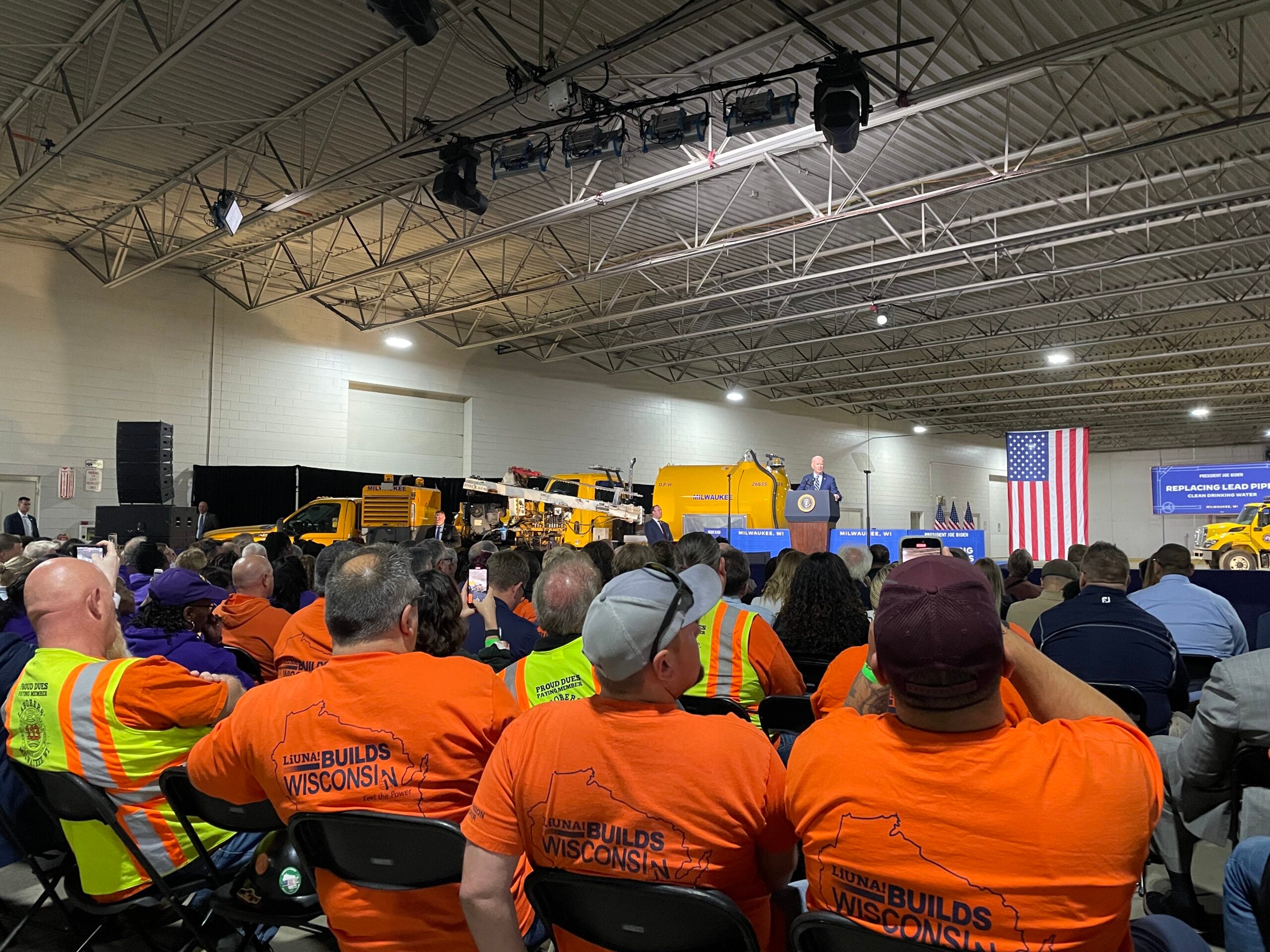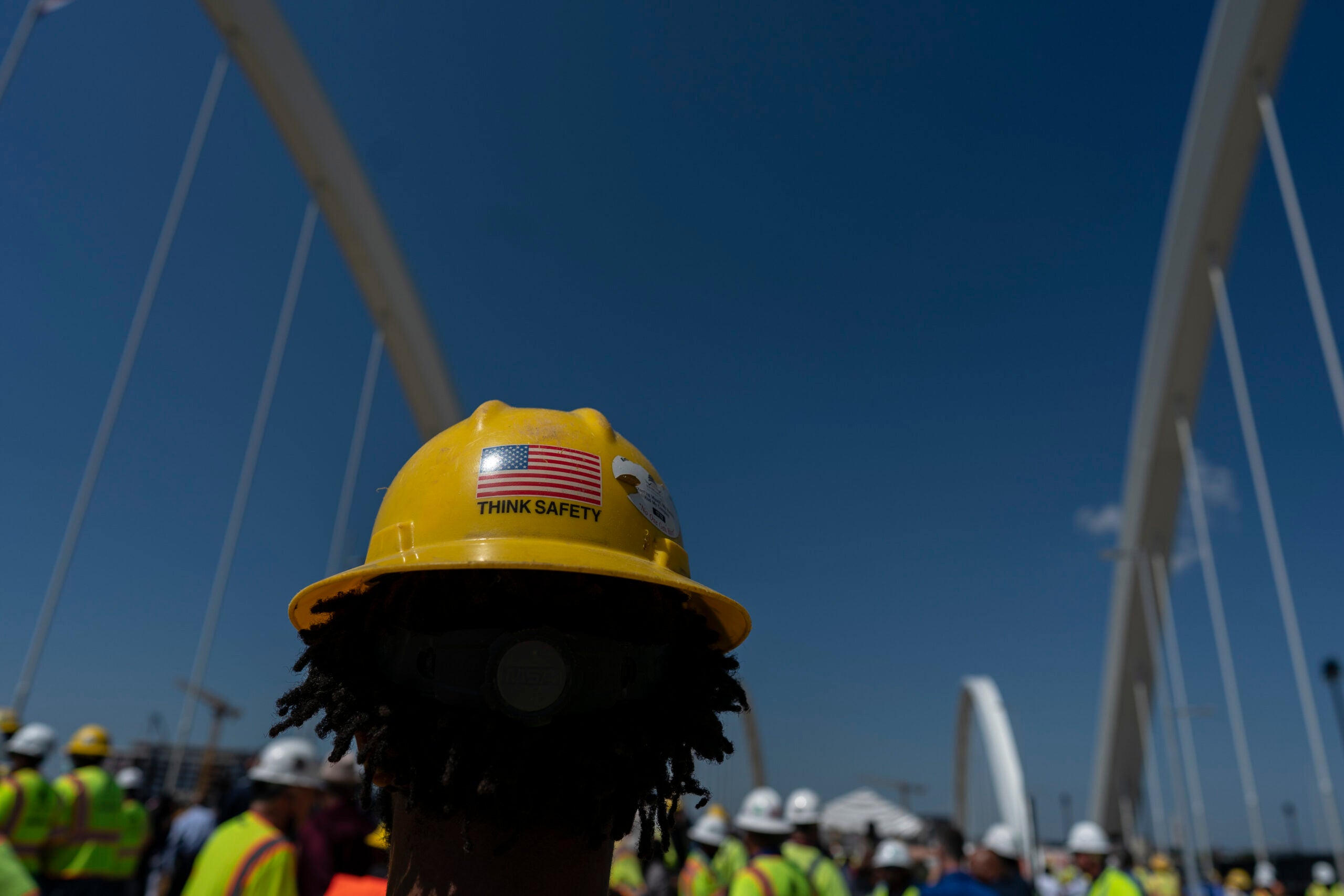Fraser Shipyards in Superior has reached a $7.5 million settlement with more than 60 workers who were exposed to unsafe lead levels while working on a Great Lakes freighter. Four lawsuits were brought against the Superior shipyard for blood lead poisoning that occurred while retrofitting the engine room of the 59-year-old Herbert C. Jackson in 2016. The case was set to go before a jury trial in federal court on Dec. 3.
A report by Wisconsin and Minnesota health officials released in 2017 showed 171 out of 233 workers tested had blood lead poisoning. OSHA fined Fraser Shipyards $1.4 million for worker safety violations in 2016. Fraser agreed to pay the agency a $700,000 fine in 2017 without admitting fault or liability after the agency cited them for 14 violations related to lead exposure.
In a statement, James Farkas, president of Fraser Industries, said they believe the settlement is in the best interest of all parties.
Stay informed on the latest news
Sign up for WPR’s email newsletter.
“This agreement, and earlier settlement agreements with the Occupational Safety and Health Administration reached with input from unions representing our workers, ensures that we can move forward with a strong commitment to employee protection and business viability, in partnership with OSHA and everyone who earns a living at our 126-year-old family-owned company in Superior,” said Farkas in the statement. “Our business depends on taking the health and safety of our people seriously.”
The settlement follows another agreement with welder James Holder in May. He sued the shipyard after blood tests showed lead levels that were seven times the level considered unsafe by the Centers for Disease Control and Prevention, according to a 2016 complaint filed in federal court.
In an release, the plaintiffs’ attorney Matthew Sims with Rapaport Law Offices in Chicago, said the lawsuits highlighted the need for OSHA to update lead standards.
“Decades of science have shown that the permissible exposure limits for lead that were set by OSHA in 1993 are woefully outdated and no longer accurately reflect what is currently known about the dangers of lead. There is a scientific consensus that lead, in any amount, is harmful to humans,” said Sims in the release. “Important change is needed from OSHA to make sure workers are no longer exposed to this toxin that serves no useful purpose in the human body. This case should serve as a wake-up call to both industry and government that more needs to be done to protect workers.”
Some studies indicate the agency’s standards are set too high to protect workers from the effects of lead exposure. A 2012 study by the National Toxicology Program found decreased renal function and increased blood pressure and hypertension in adults who had blood lead levels of less than 10 micrograms per deciliter. Wisconsin and Minnesota health officials found 151 workers at Fraser Shipyards had blood lead levels higher than 10 micrograms per deciliter.
Workers shouldn’t be exposed to more than 50 micrograms per cubic meter of air during an 8-hour work day. OSHA’s investigation found 14 workers had lead levels up to 20 times the exposure limit. OSHA did not comment on the agency’s standards.
An OSHA spokesman said the agency meets with the company every six months, noting its in compliance with the requirements of Fraser’s settlement agreement with the agency. The company has enacted a safety program that includes protective gear and breathing equipment. The shipyard, founded in 1890, has a seasonal workforce of about 190 employees.
Editor’s note: This story was updated at 12:30 p.m. Thursday, Nov. 8, 2018 with comments from the plaintiff’s attorney.
Wisconsin Public Radio, © Copyright 2025, Board of Regents of the University of Wisconsin System and Wisconsin Educational Communications Board.





